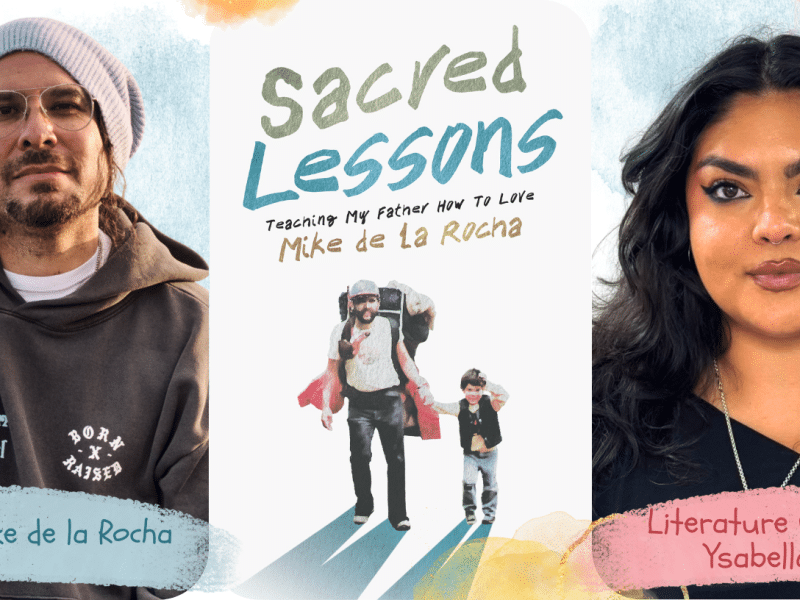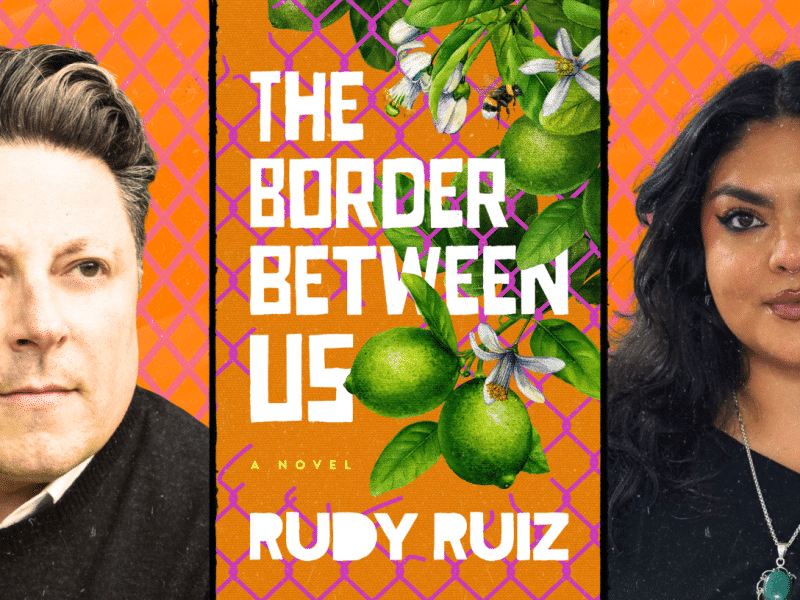Sin Senos No Hay Paraiso isn’t a Feminist Story
If you were around 2008 watching telenovelas, I bet you watched Sin Senos No Hay Paraiso. Was it really feminist?

If you were around 2008 watching telenovelas, I bet you watched Sin Senos No Hay Paraiso. I remember catching small glimpses while hanging out with my abuela, who was an avid telenovela watcher. I was 8 at that time and the Telenovela was not PG at all, so she would tell me to go play while she watched. I remember being way too curious and wanting to see what my abuela was watching. But to be honest, it’s not like I understood any of it – but I definitely do now.
Rewatching it as an adult made me realize how heavy the topics are, and later finding out that it’s based on a real–life story had me shooketh. In case you can barely remember it, the telenovela centered around Catalina, a 17-year-old girl from Pereira, Colombia who very desperately wants to escape poverty.
In a neighborhood heavily influenced by narcotráfico, Catalina, her friends, and other girls her age are led to believe that the only way to live in the luxury that they desire is to render sexual services as “pre-paid girls” to powerful men in the drug trafficking world. If you saw the novela you probably remember that it was so normalized for them, that the novela borders on romanticizing it, but as the story unfolds and Catalina suffers so many hardships, it brings you back to the reality of what’s going on.
The telenovela is an adaptation of the book written by Gustavo Bolivar, whose intention was to showcase the struggles that some young girls face in his home country, Colombia. Bolivar’s Catalina is based on a real-life teenage girl he met while in Pereira, who told him she had gotten breast implants with money she had received in exchange for “sex”, the girl was in a critical health condition at that point, as the doctor who had performed the surgery had re-used implants on her which led to a severe infection.
There aren’t any more details surrounding the story but seeing as the book unfolds in a similar way, it seems to be a way to tell her story. The book also denounces “narco culture” and takes it down from the pedestal that topic still enjoys. It also touches on how it is directly related to the number of young girls who got breast implants in this region. Shady plastic surgeons did anything for money, including servicing the families and narcos who pimped out their daughters for money.
The whole story gets even more disturbing as you realize these are children we’re talking about.
In the book, Catalina was only 14, which leads us to assume the real-life Catalina is probably also around that age. So, the way they are portrayed in the Telenovela is disturbing, especially because of how the “romantic interests” playout, particularly the relationship between Catalina and El Titi who is one of the novela’s male leads, meant to be Catalina’s “love interest.” In the book he’s more of an antagonist which is a more accurate characterization than the romanticized version in the novela.
Their relationship is romanticized and sanitized, however the gruesome ending leaves you with a very clear message: this is tragic, and no one would want to go through all this. The book gives you that feeling from the get-go, and you can almost feel Catalina’s suffering as you can clearly see what’s going on from the beginning; no romanticizing there.
The book, the telenovela, and the movie (yes there is not only one, but two) are all interesting, but need to be consumed with a critical eye.
It’s this writer’s opinion that the ending was exactly the type of closure that the stories needed. However if you’re a fan, you know that they decided to make 3 more seasons of the telenovela. This was an interesting approach as the producers attempted to create the follow ups as “female empowerment” themed, which was a stretch. Stay tuned for that discussion here on Luz.
Did you watch Sin Senos no Hay Paraiso? Come talk to us on Twitter @luzcollective.



